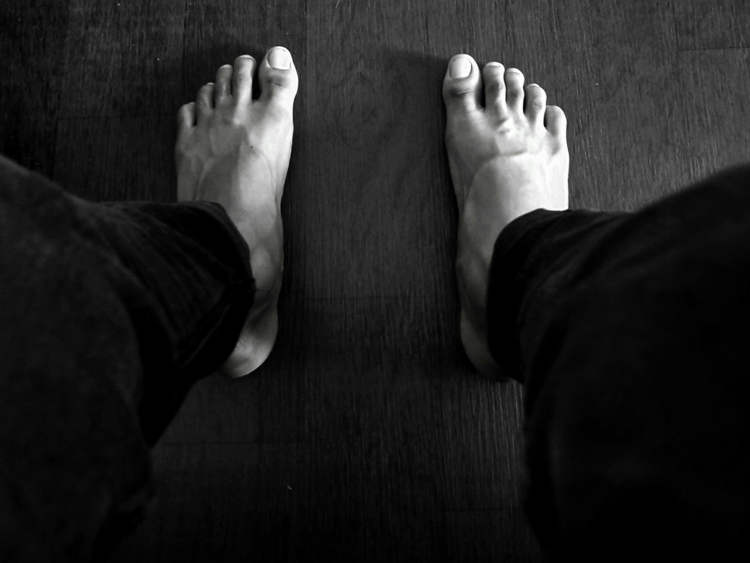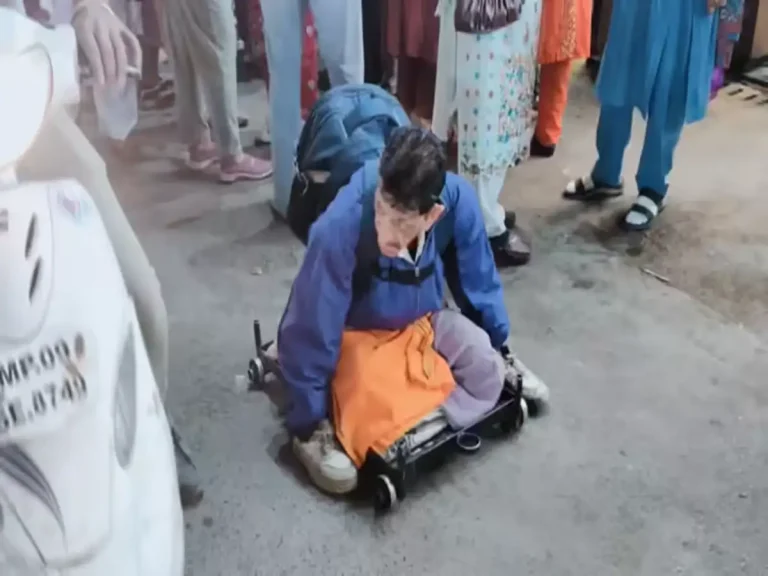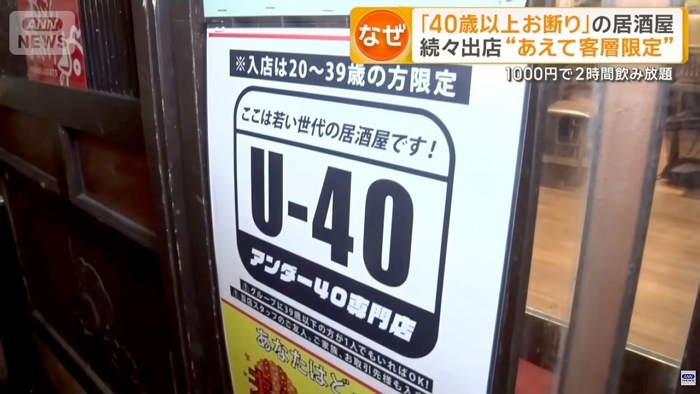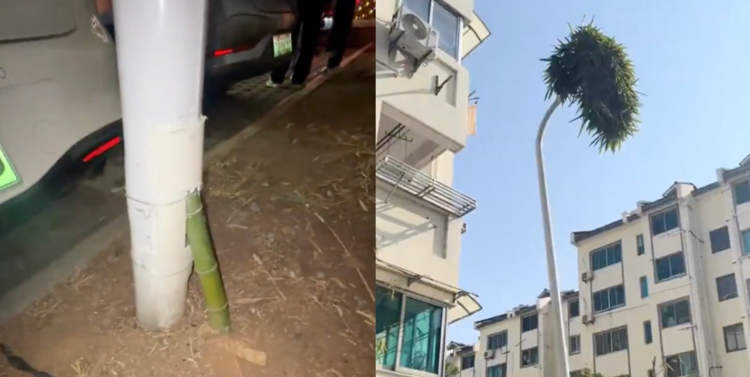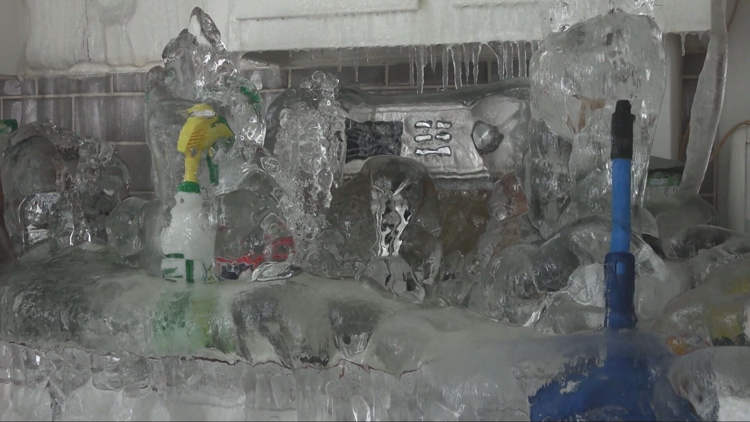People vanish from their established lives all the time, but nowhere is this phenomenon as prevalent as in Japan, a country that has even devised a term for the phenomenon – “johatsu”.
The most common reasons that drive people to disappear without a trace are exactly the ones you’re probably thinking about – inescapable debts, loveless relationships and Japan’s notoriously harsh work culture. But there are certain cultural factors that make these reasons much more serious in Japan than anywhere else. The shame of burdening one’s family with debt, going through a divorce – which have always been very rare in the Asian country – or even quitting a job is considered unbearable by many Japanese people. This only leaves them with very few options – taking their own lives rather than living with the shame, working themselves to death, or becoming “johatsu”, which literally means evaporating from their lives.

Photo: Kyle Glenn/Unsplash
Japanese sociologist Hiroki Nakamori, who has been studying the johatsu phenomenon in Japan for many years, told BBC that the term started being used in the Asian country during the 60s, when people realized that simply disappearing from their lives was the easiest thing to do both for them and their families.
“In Japan, it’s just easier to evaporate,” Nakamori said. “Police will not intervene unless there’s another reason – like a crime or an accident. All the family can do is pay a lot for a private detective. Or just wait. That’s all.”
Privacy is a big deal in Japan, so the people who decide to become johatsu can virtually hide in plain sight without worrying about being discovered. As long as they move far away from the life they are trying to escape, they needn’t bother about being spotted on CCTV or using their credit cards at ATMs. Family members can’t access security videos and ATM transactions are never tracked.
“I understand there are stalkers – information can be misused. This is a necessary law, perhaps. But criminals, stalkers and parents who cannot search for their own children? All of them are treated the same way due to the protection. What is this?” the mother of a 22-year-old johatsu said. “With the current law, without money, all I can do is check if [a] dead body is my son – the only thing left for me.”
The johatsu phenomenon is so widespread in Japan that there are even companies that specialize in helping people evaporate. Known as “night moving” services or “fly-by-night shops”, these companies assist wannabe johatsu plan their disappearance and also offer temporary lodging in secret locations.
The owner of a night moving service told TIME Magazine that depending on how many possessions somebody wants to flee with, how far away they want to hide, and when the “evaporation” takes place, the price of the operation varies between ¥50,000 ($450) and ¥300,000 ($2,600). Taking along children or escaping debt collectors can push up prices even more. This one company owner claimed to help between 100 and 150 people become johatsu every year.
For those who can’t afford the help of night moving services, or who simply want to do things alone, there are publically accessible johatsu guides bearing titles like Perfect Vanishing: Reset Your Life or The Complete Manual of Disappearance.








